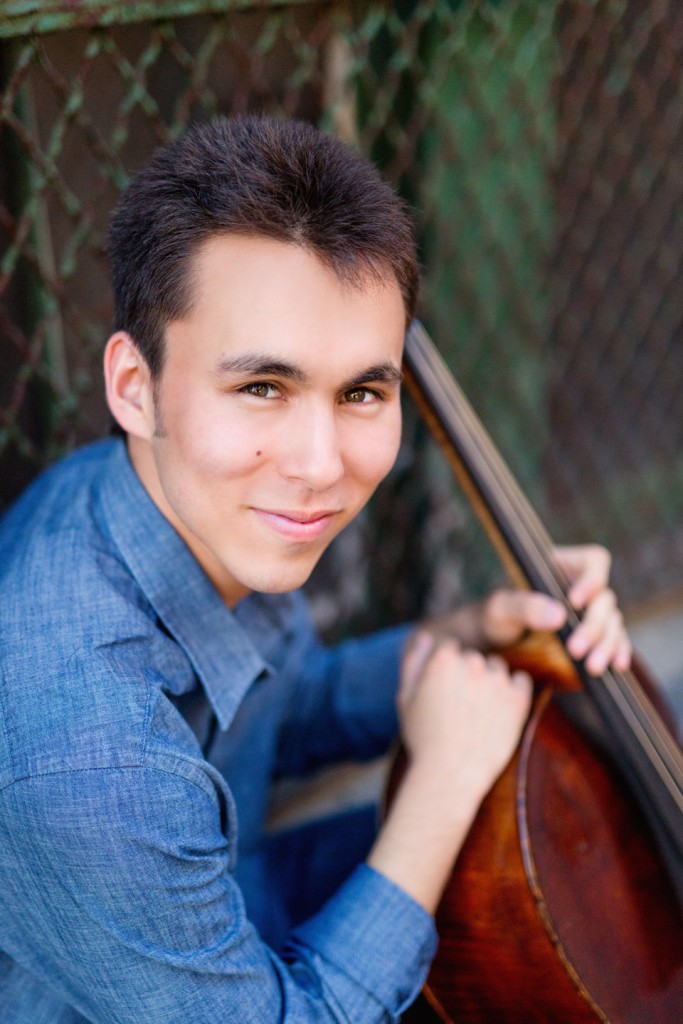Boston Philharmonic puts focus back on the music in thrilling season opener

Benjamin Zander conducted the Boston Philharmonic in music of Glinka, Dvořák and Brahms Thursday night at Sanders Theater.
The past month has been anything but smooth for the Boston Philharmonic Orchestra.
In September, the institution’s (since terminated) artistic adviser, David St. George, was arrested on child pornography charges. A few days later, news broke that an unnamed member of the BPO’s administration had been put on leave (and subsequently resigned) after it became known that he had exchanged “inappropriate” text messages with members of the Philharmonic’s Youth Orchestra. Subsequently, the ensemble announced it had hired an outside investigator to examine the organization; that inquest is currently underway.
Against this turbulent and troubling backdrop, the BPO took the stage Thursday night at Sanders Theater, kicking off a year that marks both its fortieth season and conductor Benjamin Zander’s 80th birthday.
How much outside difficulties might (or might not) affect a performance is difficult to gauge. Suffice it to say, the BPO’s opening night program was played with uncommon expressive potency and technical polish.
This was especially true of their organic, well-executed rendering of Brahms’ First Symphony that closed the evening.
Though a pillar of the repertoire, Zander’s interpretation was anything but fusty. Tempos were driven, but never too fast and always with purpose. Textures were lean, articulations uniform across the orchestra. Zander, consistently underlined the music’s dramatic tension—as with the opening bars where two melodic lines weave across each other in opposite directions while a menacing bass line thunders below.
In the first movement, a sweeping sense of musical space and melodic motion prevailed. The introductory section featured melting flute and oboe solos by, respectively, Lisa Hennessy and Amanda Hardy. Rhythmic intensity and a keen attention to dynamic shape marked the subsequent Allegro, whose climaxes exhibited a thrilling sense of momentum and consistency of ensemble balance.
More of the latter was on display in the second movement, which Zander took as a true Andante (rather than an Adagio). Solos from oboist Hardy, principal clarinet Rane Moore, principal horn Whitacre Hill, and concertmaster Jae Young Lee were exquisite and Brahms’ unsettled rhythmic textures came across vigorously.
The Intermezzo danced emphatically and the finale, with its grand structure and involved contrapuntal writing, culminated in a blazing apotheosis nobly underlined by Stephanie Busby’s mighty contrabassoon. Strings shaped and played their famous main theme warmly, while the horn and flute solos during the introduction glowed.
Before the Brahms came Antonin Dvořák’s Cello Concerto.
Another much-loved score, this one dating from the composer’s mid-1890s sojourn in the U.S., it is imbued with nostalgia for his Czech homeland – and also laments the demise of his much-adored sister-in-law.
Thursday’s soloist was the superb cellist Jonah Ellsworth, who proved a supremely collegial collaborator.
Ellsworth’s solo line was always comfortably buoyed by the BPO’s sensitive accompaniment. When it rose above, he implemented the score’s Herculean demands with staggering ease and precision – but somehow never drew undue attention to himself. This is the sort of performance you’d expect from a Yo-Yo Ma or a Mischa Maisky, not a musician pushing twenty-five.
The young cellist intoned the opening movement’s solos with spotless intonation, warmth of tone, an innate sense of character. In the second movement, with its beautiful woodwind writing, his articulations perfectly matched those of the orchestra. Ellsworth’s take on the finale was spot-on, taut but played with understated brilliance.
Zander led the BPO in a vital accompaniment that was also captivatingly lyrical, the orchestra’s realization of Dvořák’s music brimming with color.
A heavy traffic delay necessitated hearing the evening’s opener, Mikhail Glinka’s Overture to Ruslan and Lyudmila, from the Sanders lobby. Even from there, the reading was spirited and ebullient, a further indication that, despite the recent controversies, the Boston Philharmonic’s musical foundation remains secure.
The program will be repeated 8 p.m. Saturday at Jordan Hall and 3 p.m. Sunday at Sanders Theater. bostonphil.org
Posted in Performances





Posted Oct 23, 2018 at 3:34 pm by Vic dvorak
Stunning performance at Sanders Theater on Sunday!!!